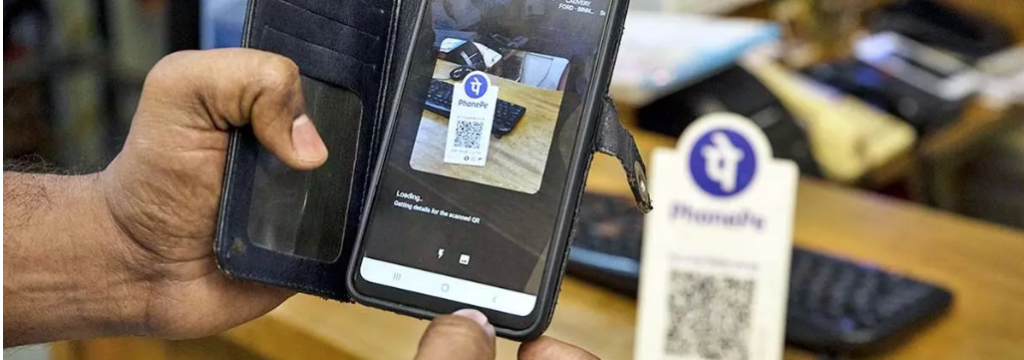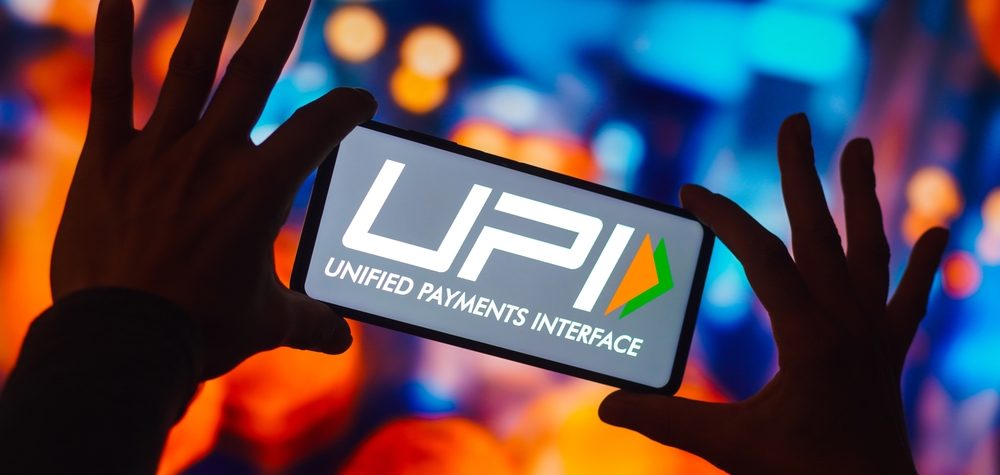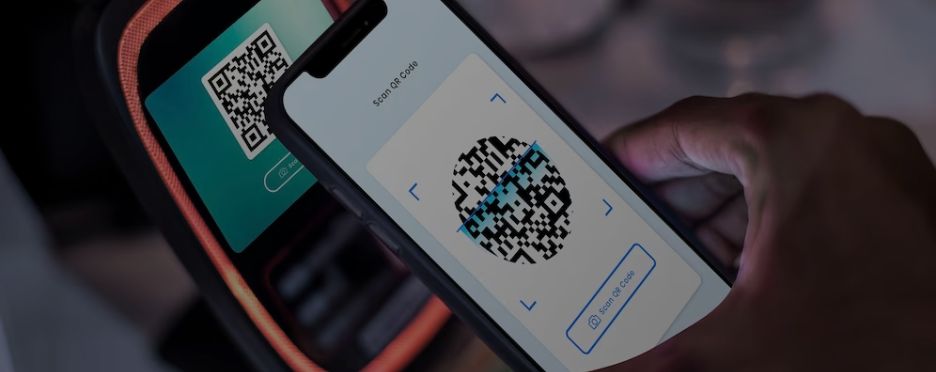Legal liability for fraud in digital payments

The framework should provide adequate compensation to victims, while investigative action continues in tandem
UPI databases should be interactive

Stakeholders should gather a common set of data points for each complaint, distinct from their data objectives
Ways to curb scams over UPI

Positive frictions while authorising transactions will give users some time before approving payment
Curbing Scams in Unified Payments Interface

The white paper discusses a set of solutions for the ecosystem of actors to consider in tackling and curbing the illegitimate activity of scamsters and other fraudulent actors over the very popular Unified Payments Interface (UPI) of India.
Part 2 – Is lack of trust keeping customers away from digital financial services? – Understanding the contours of trust
In the first blog in our trust series, we laid down the contours of trust. In this blog, we attempt to unpack what the proximate grounds for trusting Digital Financial Services or DFS may be. Trust is the most cited motivator for the adoption of digital financial services or DFS (Kajol et al., 2022). Lack […]
Part 1- Is lack of trust keeping customers away from digital financial services? Understanding the contours of trust

This blog is the first in our trust series where we study trust in digital financial services. This blog attempts to lay down the conceptual contours of trust.
How mental models interplay with consent: Unpacking challenges to informed consent
This blog is about a behavioural study conducted jointly by Dvara Research and Final Mile to uncover mental models that may nudge customers to disengage with consent screens.
How important is a ‘key facts statement’ and what it does (or doesn’t) tell you about your loan
Unlike terms & condition document, key facts statement is a simple, page-long snapshot of key information about a loan. However, depth of information it offers can be shallow.
Understanding new-to-UPI users’ experiences with UPI-based digital payment apps
While the usage of UPI-based payments has been steadily increasing, the experiences of new-to-UPI users are relatively less examined.
Making UPI payments more customer-centric for new-to-UPI users
This study was conducted through a donation from WhatsApp Pay. All material created under this study is made available as a public good, accessible through this page.

